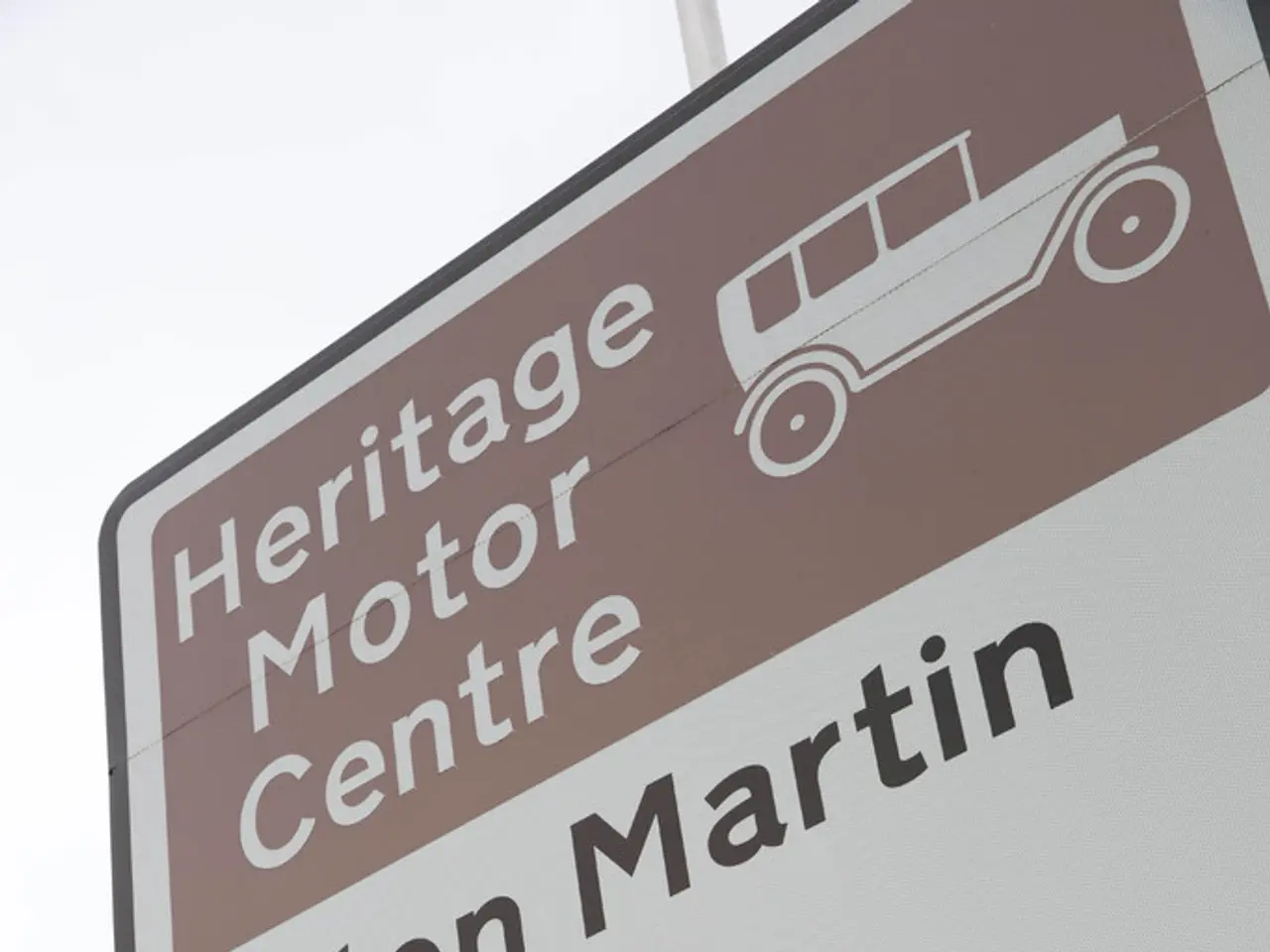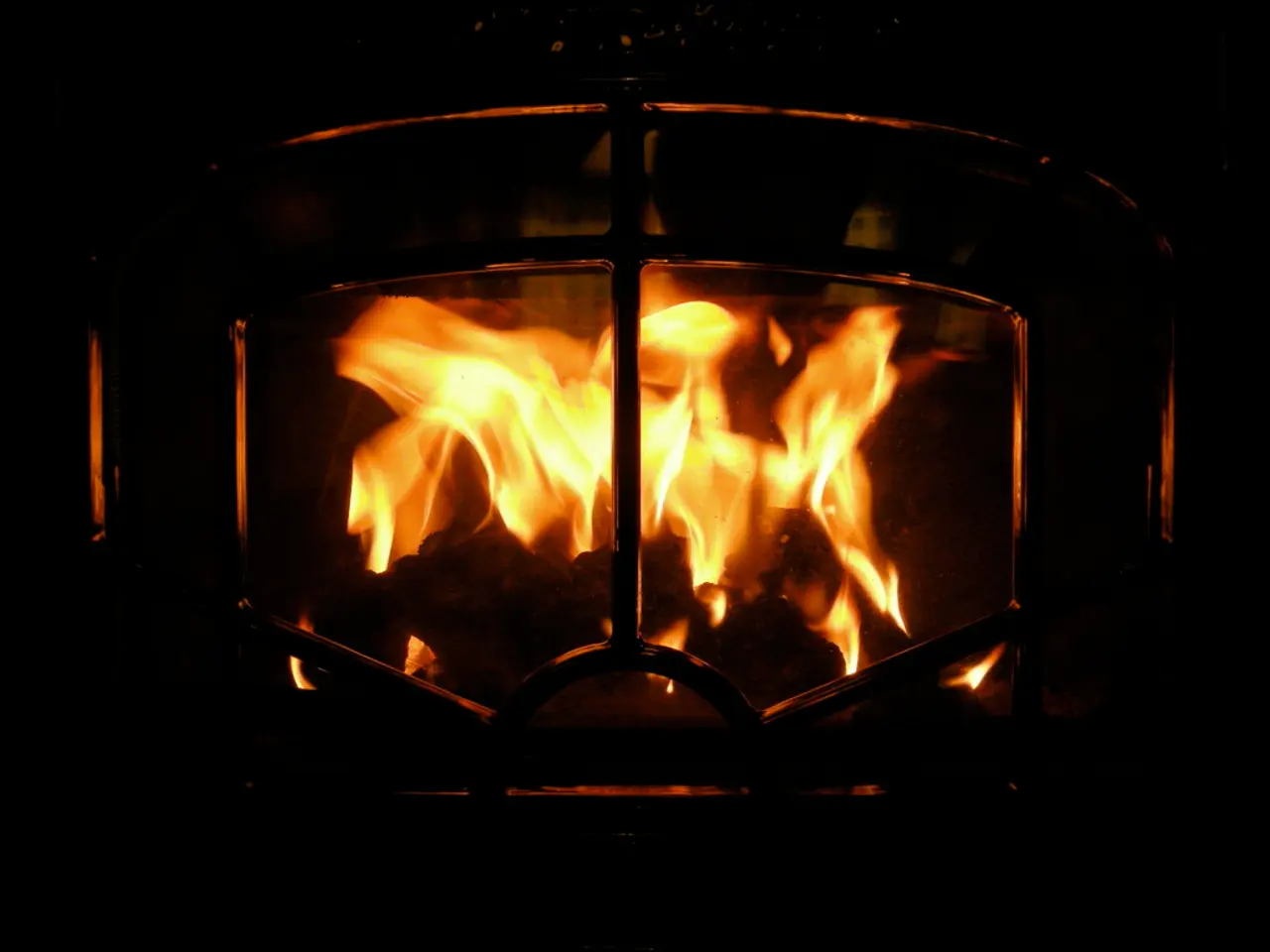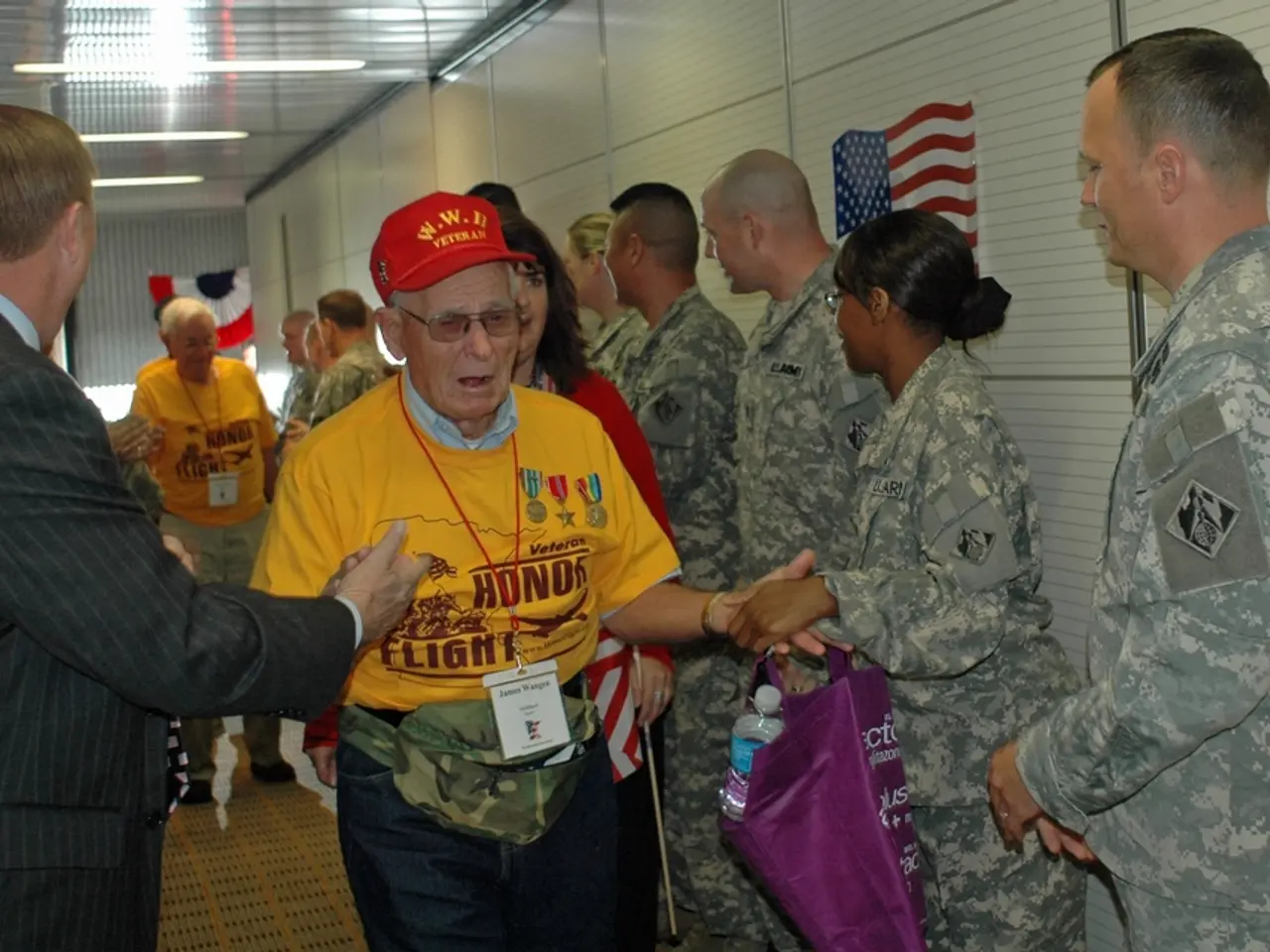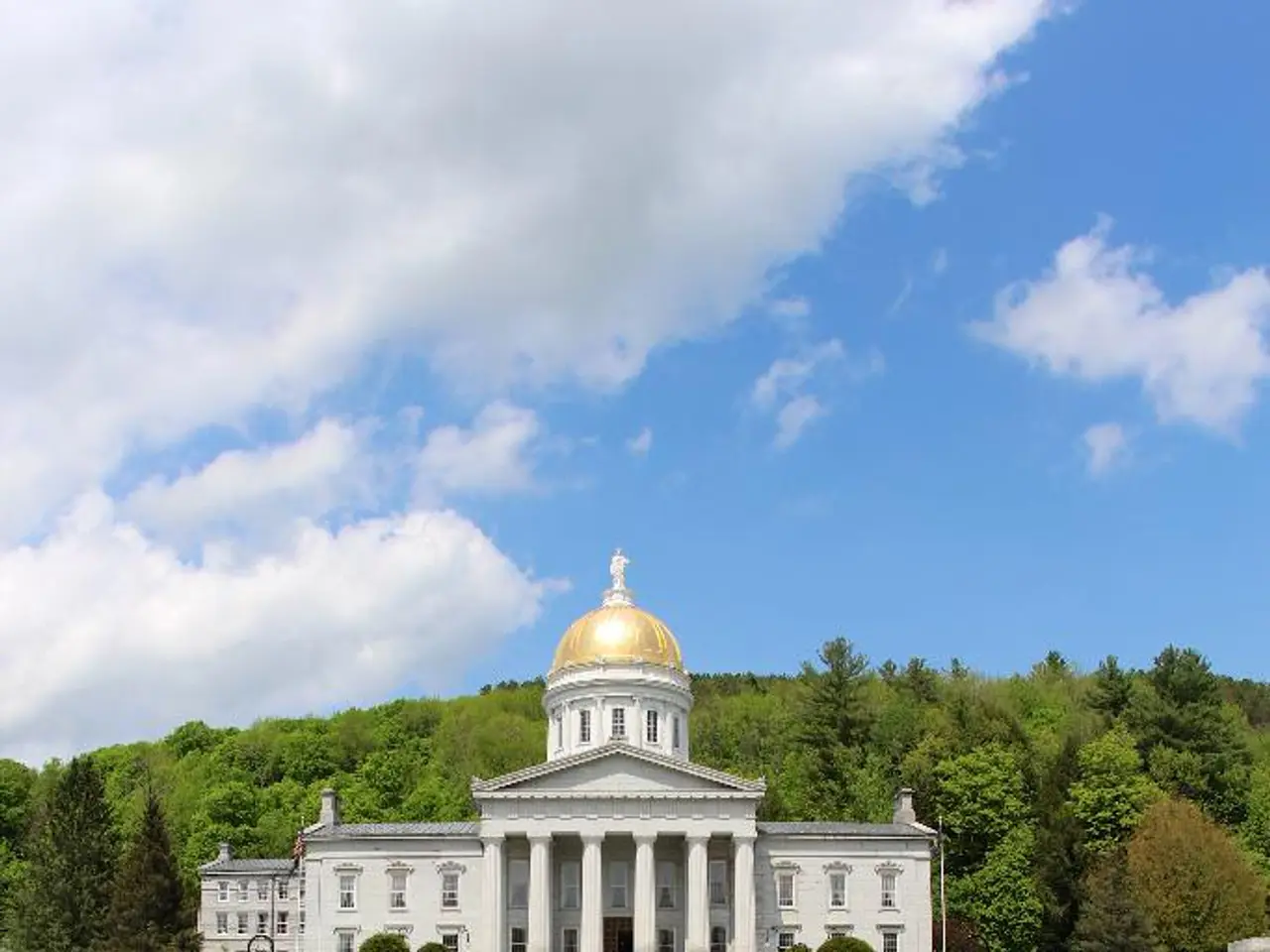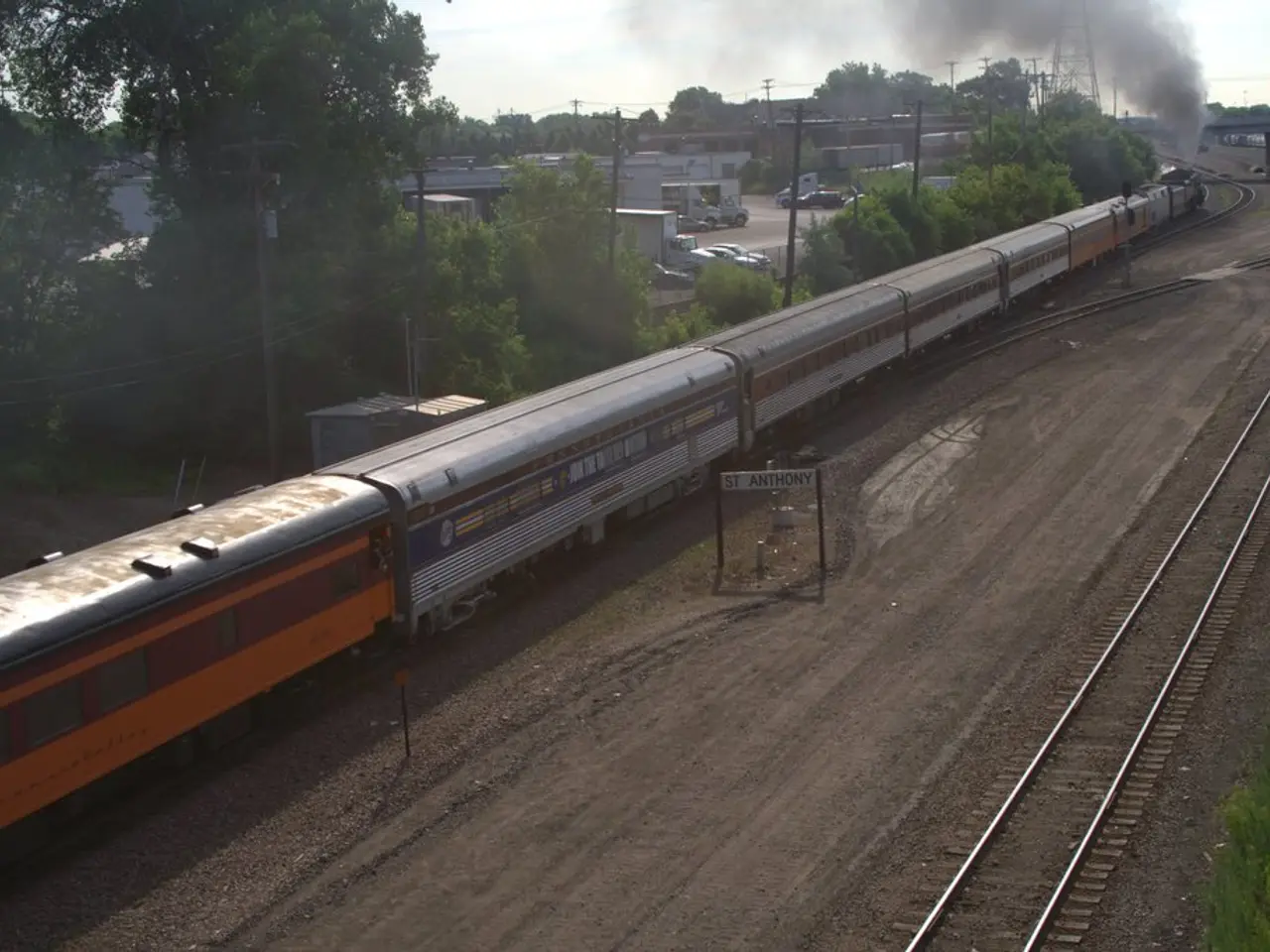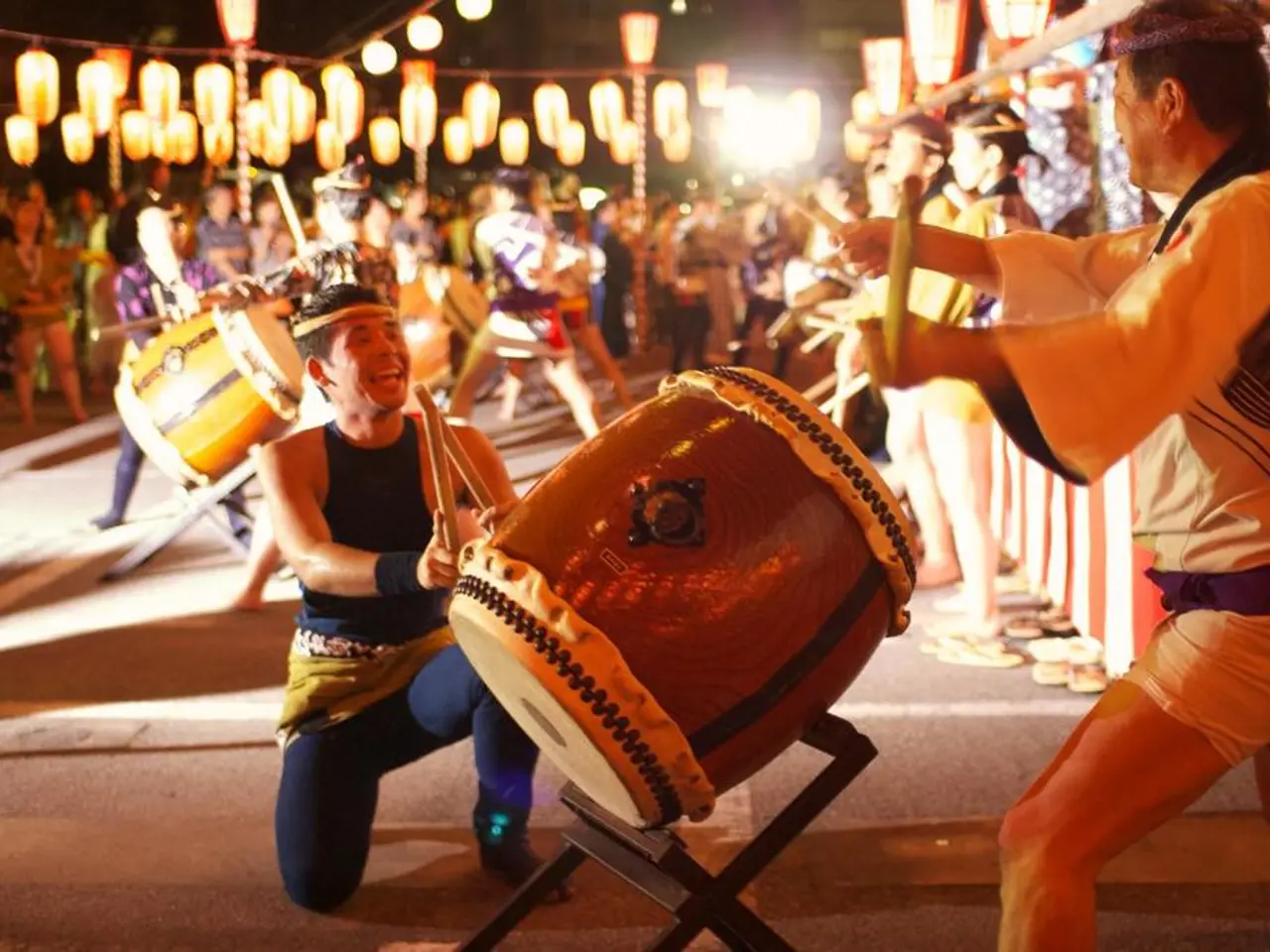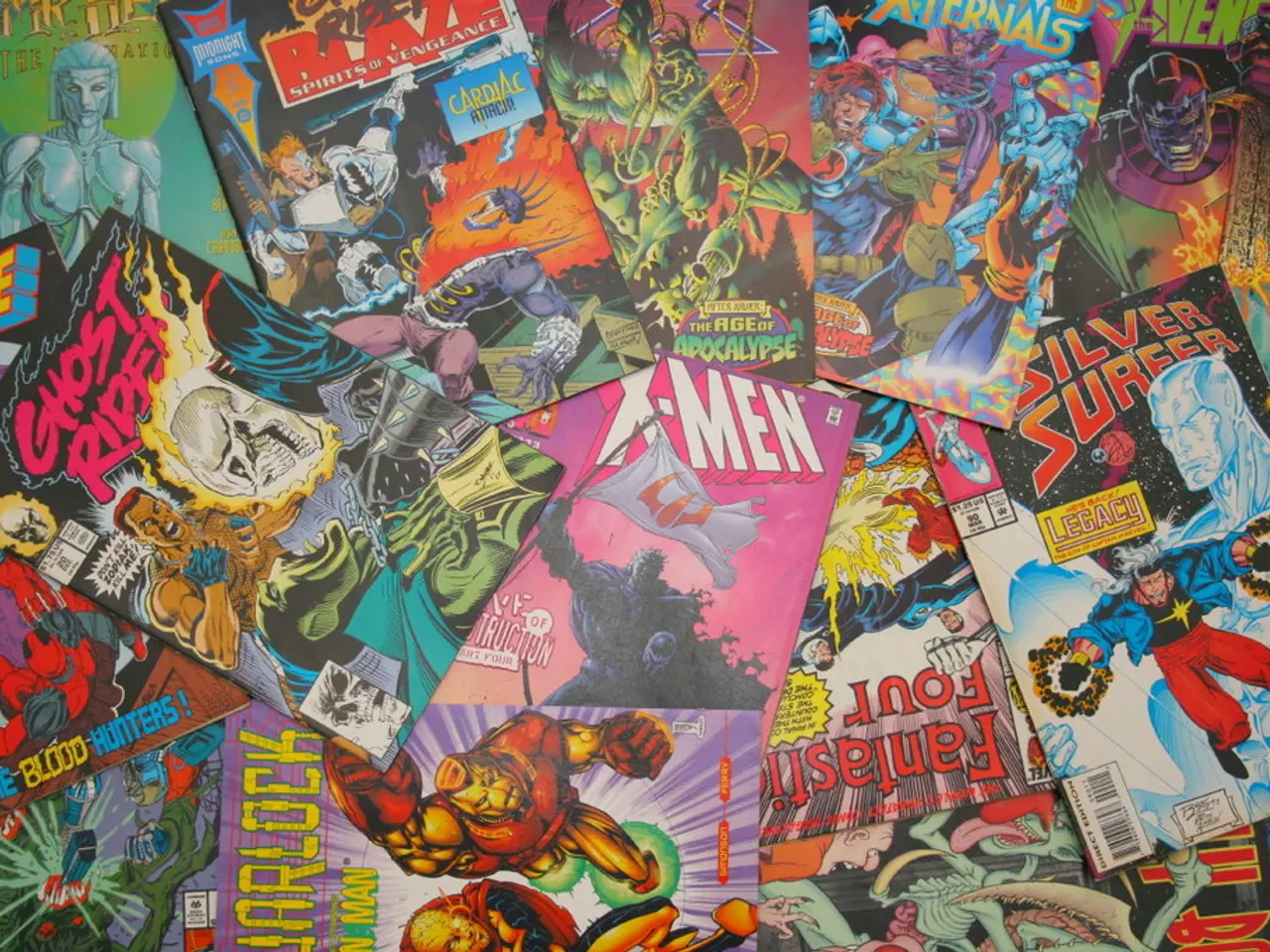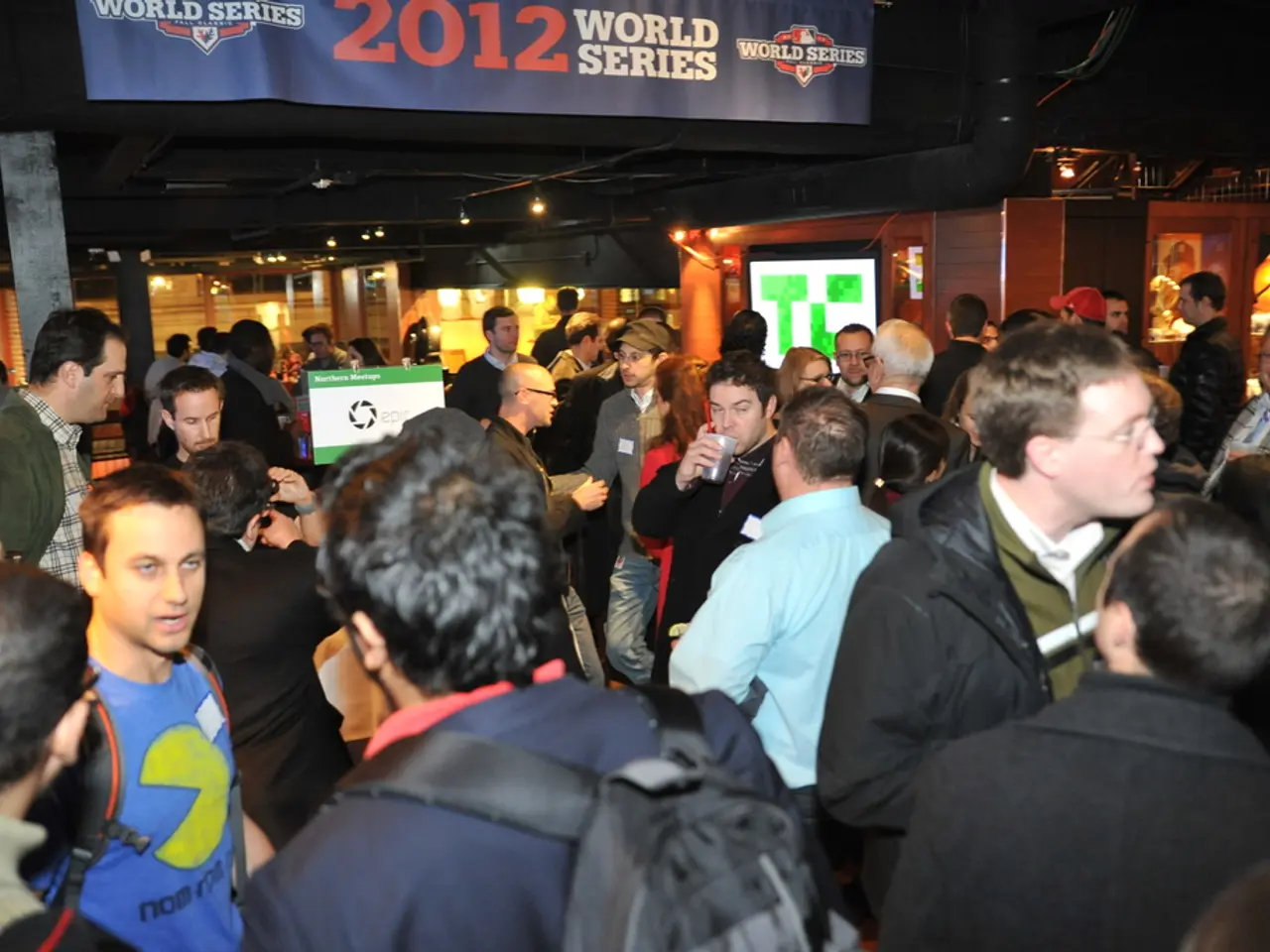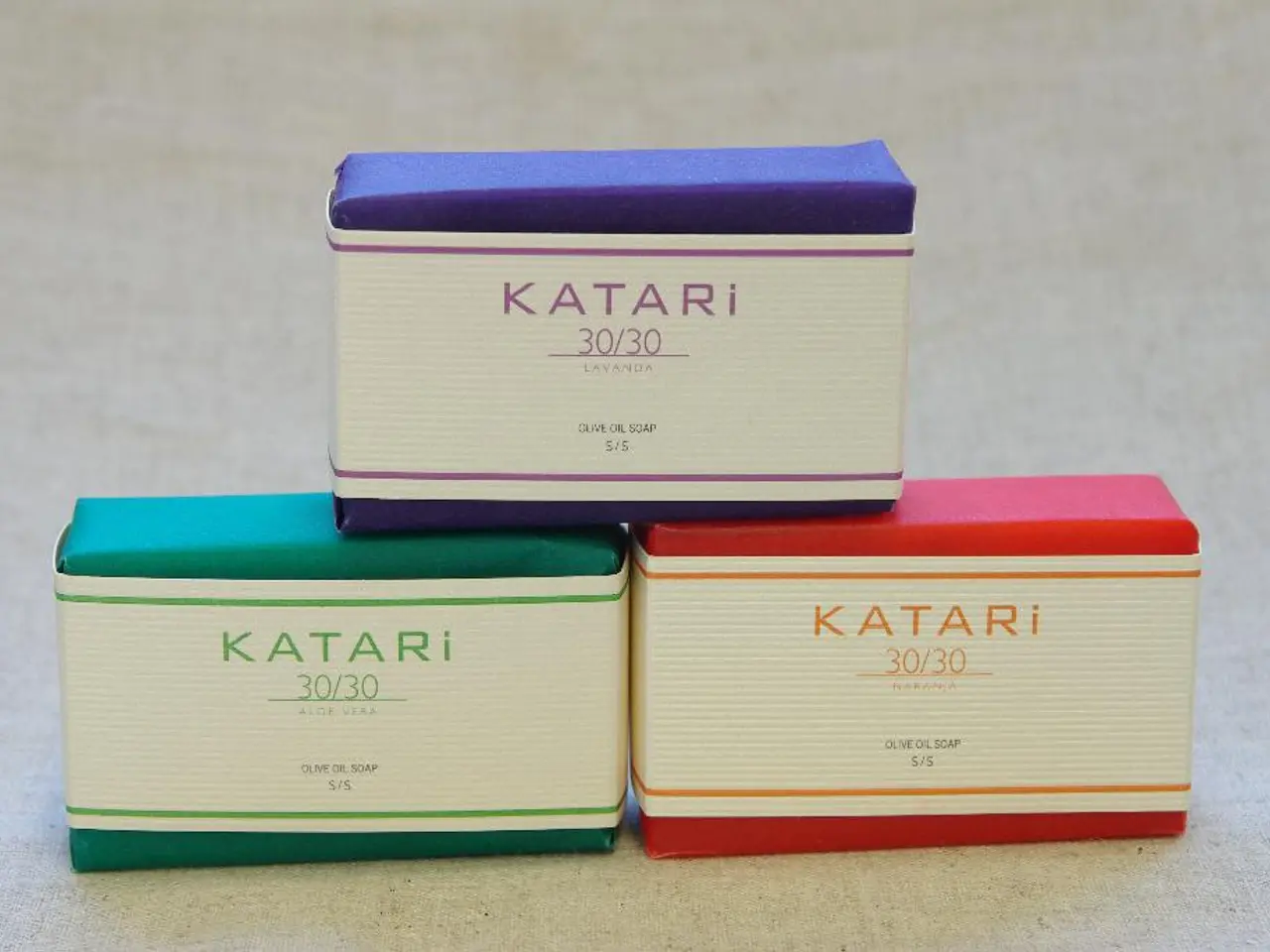Criticisms escalate between Toscani and Rehlinger; Commerçon intervenes, accusing the CDU of "political theatrics"
In the heart of Germany, the steel-producing region of Saarland faces significant economic challenges as it transitions towards green steel production using green hydrogen. Stephan Toscani and Ulrich Commerçon, two prominent figures in the region, have been at the forefront of the debate, emphasising the need for strategic support and policies to ensure the industry's competitiveness and sustainability.
Toscani, a critic of the former SPD-led federal government's decision, claims that the exclusive production of green steel with green hydrogen is not feasible under economically viable conditions. He also accuses Anke Rehlinger, the SPD faction leader and Saarland's minister president in the Bundesrat, of supporting this alleged mistake and concealing the cause of the crisis in her statements.
Rehlinger, however, has faced these accusations head-on. She reminds that the coalition agreement between CDU and SPD agreed to shape the exit from the internal combustion engine "flexibly and pragmatically." Rehlinger also suggests that joint responsibility is needed in Berlin and Brussels to address the issues facing employees in Saarland.
Commerçon, on the other hand, acknowledges the economic challenges but also highlights the deeper issues facing the German automotive industry, such as the sales crisis in export markets like the USA and China. He accuses Toscani of exploiting the concerns of employees for party political purposes and spreading untruths to profile himself at the expense of ZF employees.
In response to these allegations, Toscani continues to blame Rehlinger personally for the problems in the steel industry and accuses her of shifting responsibility instead of being honest towards employees and the Saarland's population. He proposes a "Pact of the Center" instead of political theatre, calling for joint campaigns in Berlin for agreements to be implemented promptly.
Both Toscani and Commerçon stress the importance of a cautious but proactive approach, recognising the necessity of green steel production for future viability but also highlighting the need for measures to mitigate economic risks during the transformation. They both emphasise the need for a cross-party approach instead of populist blame games, calling for unity in addressing the challenges facing Saarland's steel industry and the German automotive sector as a whole.
Toscani and Commerçon, in their respective standpoints, advocate for a proactive policy-and-legislation approach within the context of politics, focusing on the competitiveness and sustainability of the steel industry in Saarland. Amidst the general-news debate, Toscani criticizes the SPD faction leader, Anke Rehlinger, for questionable decisions and concealment of the crisis, while Commerçon accuses Toscani of politicizing employee concerns and spreading untruths.
